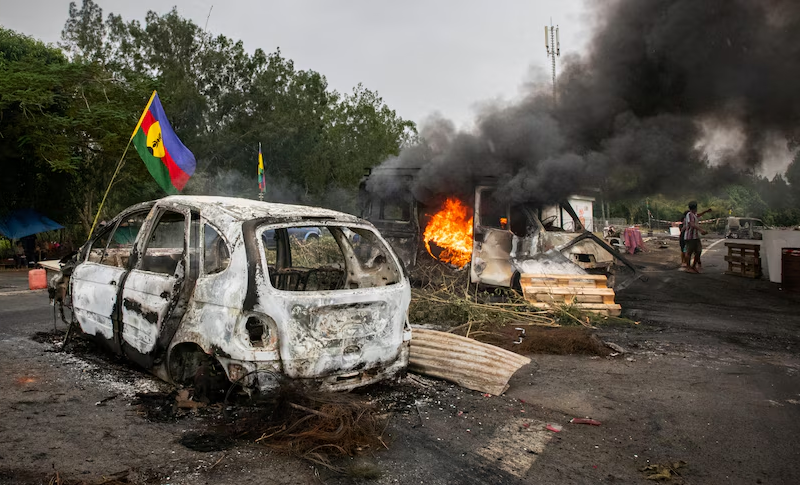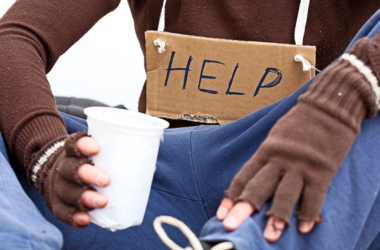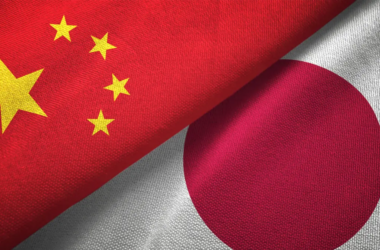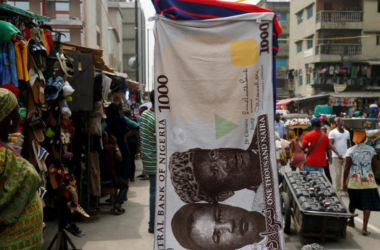Protests have intensified across New Caledonia after the arrest and transfer of seven pro-independence activists to mainland France. The detentions, related to recent violent demonstrations against proposed voting reforms, have sparked widespread civil unrest in the French South Pacific territory.
Following the arrests, a series of protests escalated into violent confrontations. In the capital, Nouméa, as well as in other towns such as Dumbéa and Koumac, buildings including a town hall and a police station were set on fire. These incidents, confirmed by the French high commission in New Caledonia, required swift action from local law enforcement and firefighters.
Among the detained activists is Christian Tein, accused of orchestrating riots, looting, and arson last month, resulting in the deaths of nine people. These protests erupted in response to a proposed bill extending voting rights to residents who have lived in New Caledonia for more than ten years. This proposal has been a contentious issue, as many indigenous Kanaks fear it would dilute their political influence in the region.
In response to the violence, President Emmanuel Macron visited New Caledonia and suspended the controversial voting reforms in an effort to restore order. Despite this, unrest continued, and calls for the immediate release and return of the detained activists have grown louder. The Field Action Co-ordination Cell (CCAT), a prominent pro-independence group, has condemned the French government’s actions as “colonial tactics” and accused France of exacerbating the violence.
The unrest prompted the deployment of approximately 3,500 security personnel to the territory, which also led to the temporary closure of Nouméa’s international airport. French authorities have characterized the CCAT as a “mafia-style organization,” though the group denies responsibility for the riots.
New Caledonia, a French overseas territory since 1946, has a population of about 300,000, including 112,000 indigenous Kanaks. Voting rights have historically been limited to Kanaks and long-term residents. The suspended reform aimed to extend voting rights to newer French residents, which has fueled fears among Kanaks of losing political control and diminishing prospects for future independence referendums.
The ongoing unrest has disrupted daily life, leading to school closures and heightened security measures. Local leaders and firefighters have called for a cessation of violence to restore peace and order. New Caledonia’s vice president, Isabelle Champmoreau, emphasized that the government is devising plans to ensure the safe return of students to their schools amidst the turmoil.
As tensions remain high, New Caledonia continues to grapple with the complex issues surrounding its political future and relationship with France. The actions taken in the coming days will be crucial in determining the region’s stability and the path forward for its residents.
The protests in New Caledonia highlight the deep-seated challenges in balancing political reform and maintaining social harmony in the context of historical grievances and contemporary demands for greater autonomy. France’s approach to handling the situation will likely have significant implications for its influence in the region and the aspirations of New Caledonia’s pro-independence factions.







